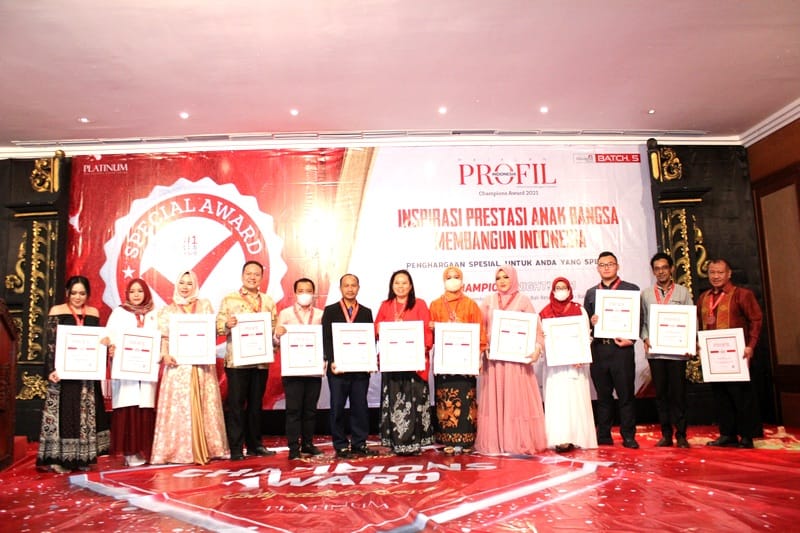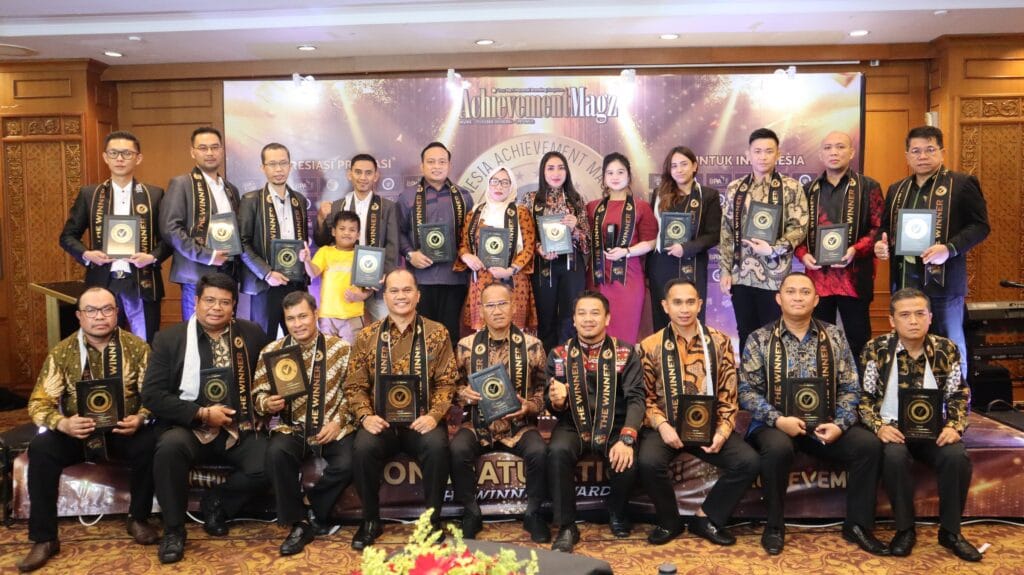Seoul – South Korea’s high-stakes presidential election on 3 June is poised to redefine the nation’s domestic trajectory and its strategic role in Northeast Asia. In the aftermath of President Yoon Suk Yeol’s impeachment, the political vacuum has raised urgent questions about regional stability, diplomatic continuity, and the resilience of democratic institutions in one of Asia’s most advanced economies.
The impeachment—sparked by Yoon’s abrupt declaration of martial law in December—has destabilized the People Power Party and sharpened political polarization ahead of the vote. Former labor minister Kim Moon-soo, now the PPP’s candidate, faces liberal rival Lee Jae-myung, who returns to the race with a lead in national polls and a recalibrated platform focused on innovation and diplomacy.
Beyond South Korea’s borders, this election holds regional implications. As a critical ally in the US-led security architecture and a key economic player in East Asia, Seoul’s next administration will have to navigate a rising China, an assertive North Korea, and shifting American trade postures—especially with the looming possibility of Donald Trump’s return to the White House.
Kim has taken a hardline stance on North Korea and signaled interest in direct negotiations with Trump to readdress trade friction, tariffs, and strategic cooperation. Lee, on the other hand, advocates renewed engagement with Pyongyang and envisions economic growth driven by soft power sectors such as K-culture and artificial intelligence.
The instability that followed Yoon’s impeachment has already reshaped perceptions of South Korea’s political maturity. Two acting presidents governed in the interim while the constitutional court reviewed the charges—a process watched closely by allies and observers across Asia.
As Japan, China, and ASEAN partners assess the future direction of South Korean leadership, the upcoming election offers a barometer of how far Seoul is willing to embrace either continuity or correction in foreign policy. It also reaffirms the importance of institutional trust at a time when global order appears increasingly fragmented.
Whether under Kim’s conservative economic agenda or Lee’s liberal diplomacy, the next president will inherit not just a fractured state, but a strategic obligation to lead with clarity in a region where hesitation can invite instability.








